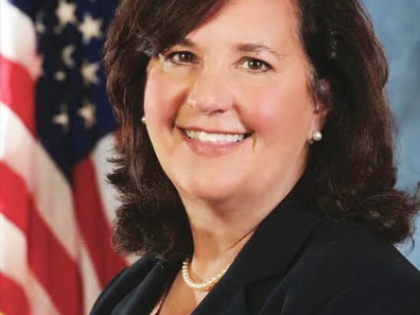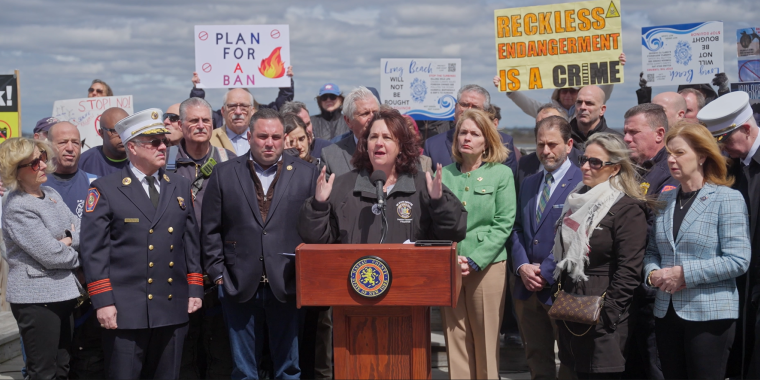
Patricia Canzoneri-Fitzpatrick: Albany’s failure is hurting our most vulnerable
I have spoken directly with impacted families, caregivers and personal assistants about the Consumer Directed Personal Assistance Program, and their frustrations, fears and concerns are not falling on deaf ears. I hear their message loud and clear, and I share their views.
The program, known as CDPAP, is a lifeline. It allows elderly and disabled people to receive care at home from someone they trust, instead of being placed in an institutional setting. For approximately 250,000 people across New York, the program is the reason they can stay in their homes, maintain a level of autonomy and lead fuller, safer lives.
One of the bills in last year’s state budget quietly reshaped the entire program by ultimately handing a $9 billion contract to a single fiscal intermediary, Public Partnerships LLC, an out-of-state company with poor performance reviews. This decision eliminated the network of trusted local intermediaries and replaced it with a centralized system that has, by all accounts, been disorganized, unresponsive and deeply flawed. What is bewildering is that the adverse impacts this radical shift in care would create were entirely foreseeable, which is why I voted against that budget bill, and why, along with many of my colleagues, I have been raising the alarm on this transition since last year.
Unfortunately, the burdens of the transition are not borne simply by its administrators; they are borne by New Yorkers in a manner that is both personal and painful.
Quite simply, PPL has not been able to process the thousands of cases in this program, and many families have no information about the continuing care for their loved ones. Caregivers haven’t been paid. Patients can’t get questions answered. Families are left navigating a confusing system that has failed to deliver even the most basic support. These aren’t merely abstract policy missteps — they are tangible policy failures with real-life consequences. Vulnerable New Yorkers are suffering while Albany refuses to admit that this rollout has gone off the rails.
New Yorkers deserve better. This is not about politics, it’s about people. It’s about the mother who can no longer secure reliable in-home care for her disabled child, the senior who is terrified that he may lose his caregiver, and the personal assistant who depends on this work to feed her family but hasn’t been paid in weeks.
We cannot accept this as the new normal. As lawmakers, we have a moral obligation to protect the most vulnerable among us. That begins with acknowledging that this transition has failed and taking immediate steps to correct its course.
As I write this, the courts have extended the deadline for the transition, and lawmakers on both sides of the aisle have come together in calling for a pause or outright repeal of it. In fact, I cosponsor legislation with more than 40 of the 62 state senators to repeal the transition to a single fiscal intermediary. This bipartisan concern underscores what is at stake. We simply cannot move forward with a policy that risks stripping some of our most vulnerable neighbors of the personal care assistants they rely on.
For many, these aides are not a luxury — they are essential for maintaining dignity, independence and, quite frankly, their ability to survive day to day. One of my constituents shared that, despite his best efforts, he still has not been able to secure the care he needs to support his blind mother, who cannot be left alone. Without proper support, it can be a seemingly impossible situation to navigate.
We must halt the transition of the CDPAP program to a single fiscal intermediary and demand a full, transparent public review of this deeply flawed and harmful policy. The well-being and independence of thousands of New Yorkers hang in the balance.
Patricia Canzoneri-Fitzpatrick represents the 9th State Senate District.


